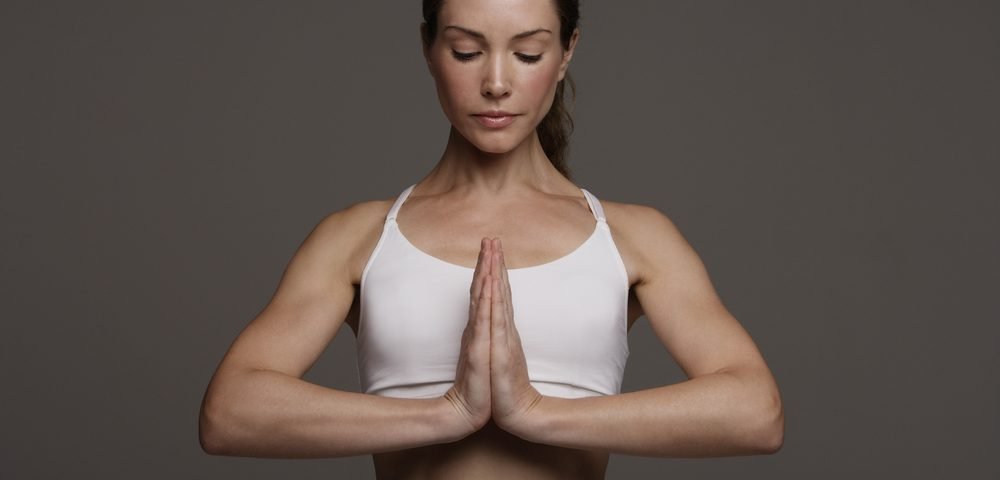Women with fibromyalgia score more poorly on balance tests — especially those performed with their eyes closed — than those without the disease, according to a newly published Brazilian study.
The study, “Static postural sway of women with and without fibromyalgia syndrome: A cross-sectional study,” appeared in the journal Clinical Biomechanics. Its authors attribute this worse performance to pain, fatigue, depression and anxiety.
Researchers at the Federal University of São Carlos, in the state of São Paulo, studied 29 women with fibromyalgia and 20 without. All had undergone a balance evaluation and filled out questionnaires on depression, anxiety, sleep quality, pain and fatigue.
Scientists evaluated postural sway, or balance, by measuring the body’s behavior during quiet standing. They then asked participants to stand with eyes opened, with eyes closed, and as still as possible for 60 seconds with one foot in front of the other, on both the left and right sides, and with eyes open and eyes closed. They found that women with fibromyalgia had worse postural sway than those without, in all situations. Fibromyalgia women also scored worse in all questionnaires on pain, fatigue, anxiety and depression.
“These balance alterations may be an adaptation to the severe pain these patients experience as well as to muscle weakness and other symptoms severity,” researchers wrote. “These balance problems may interfere negatively in quality of life and predispose [fibromyalgia] patients to a greater fall risk and physical incapacity.”
According to the team, the fact that fibromyalgia patients are at higher risk for falls might be because they have a “similar lower-body strength and functionality as older healthy women, which enhances the risk for premature age-associated disability.”
It’s also possible that fibromyalgia patients distribute their weight differently, in order to cope with the symptoms of their disease.
“Women with fibromyalgia syndrome have worse performance in the static posture test, more prominent in reduced support bases with eyes closed. Pain, fatigue, depression and anxiety may have directly influenced postural sway in [fibromyalgia] patients,” said scientists, emphasizing that a better understanding of the mechanisms underlying fibromyalgia may lead to rehabilitation protocols — particularly exercises focused on balance and posture.

